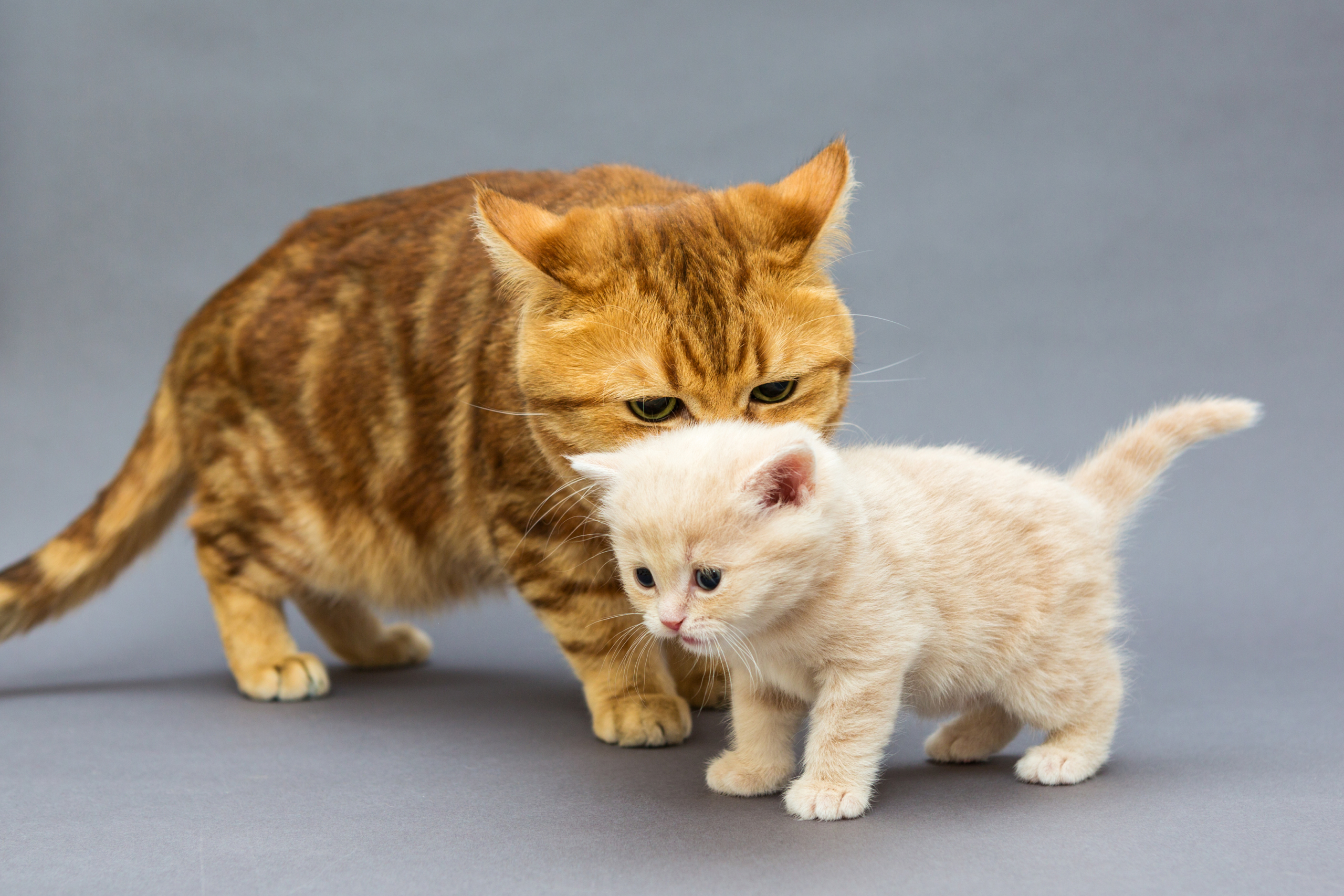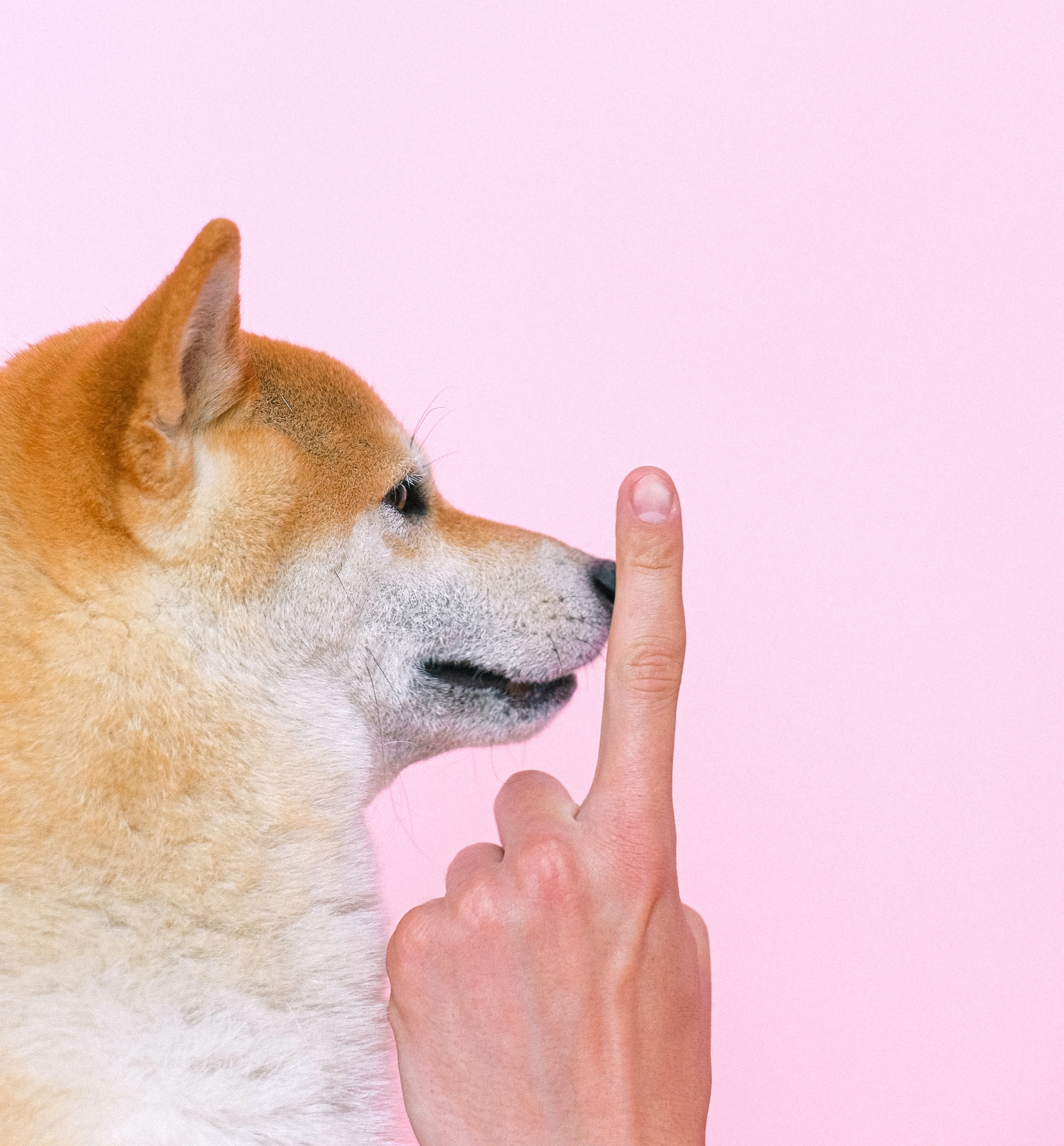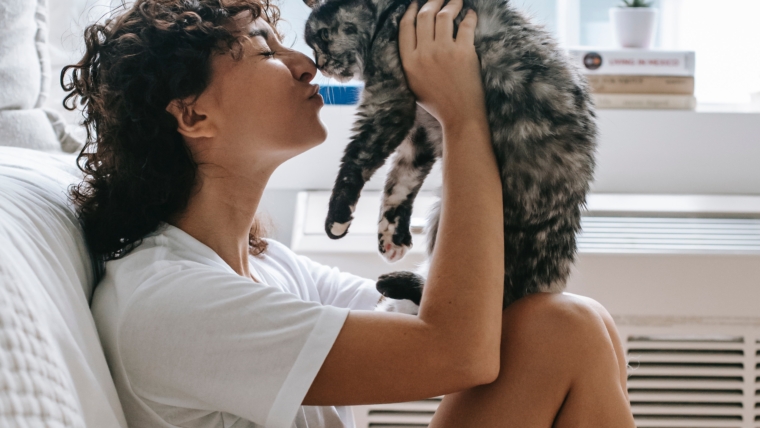Kittens are always exciting, whether you planned for them or not, but in the chaos of worrying about them, we tend to forget about their mothers.
It is no new fact that babies need extra attention and care, but for the most part, their mother’s have got it down- so we can leave it all to them. However, in order for her to be able to do that to the best of her abilities, we must take care of her.
Thus, we’ve listed down 5 things you should keep in mind when it comes to postnatal care for your feline.
1. She needs space
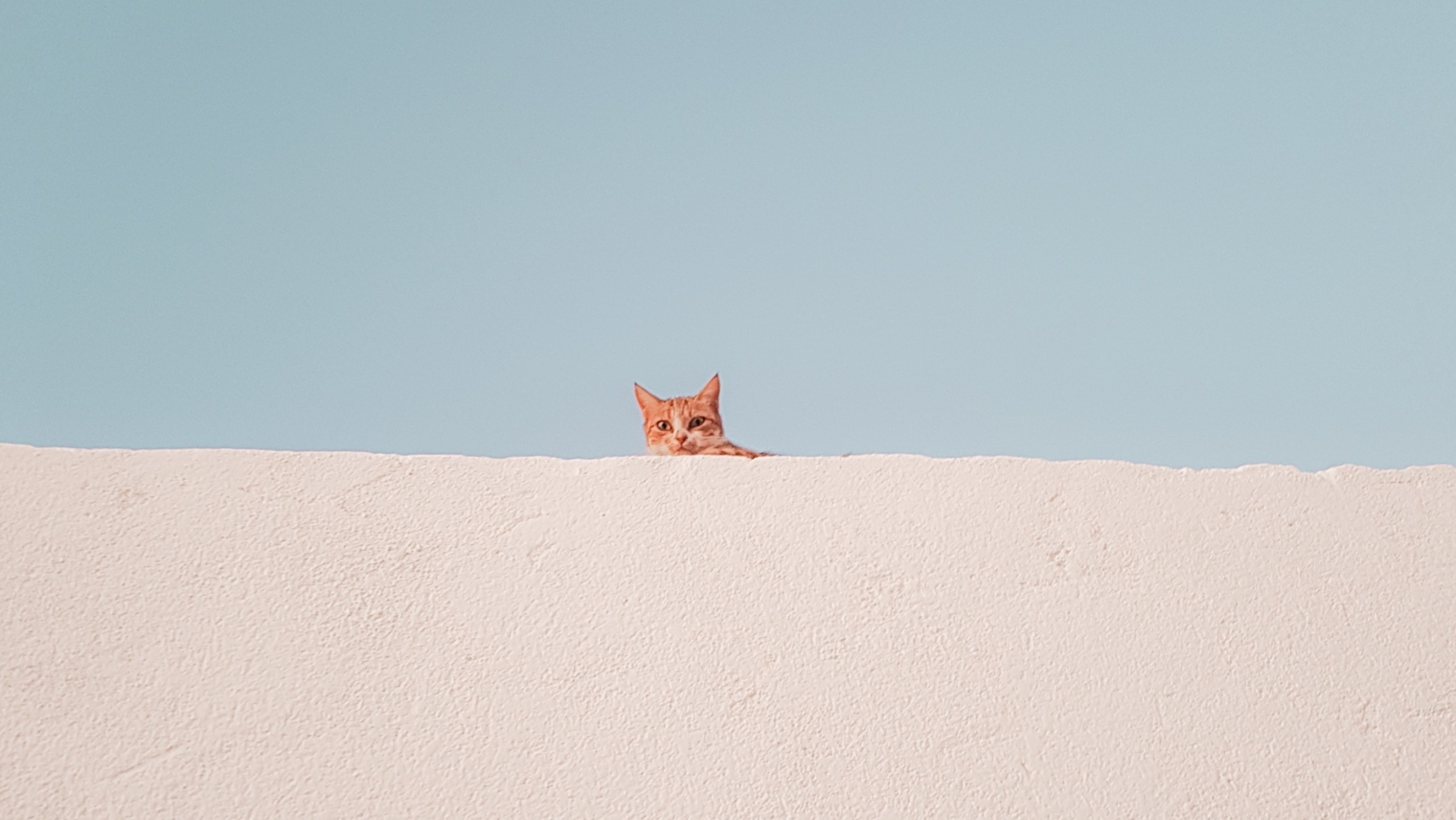
Before your cat gives birth, she’s bound to take a little adventure around your house and find what she feels is the safest possible place for her kittens. This may be incredibly inconvenient for you, as these tend to be dark corners- which could mean your closet or under your bed.
This makes her feel safe when she is in a vulnerable position and in no shape to fight, so you must not attempt to move her or her kittens unless it is absolutely necessary- as she might be threatened by it.
In response, your feline might become distressed, especially with the new surge of hormones that might have her a little on edge. This could lead to other complications, such as aggression, or even her hiding the kittens in a place you are unable to locate. Thus, it’s best for momma and her babies if you just leave them alone.
While this may seem worrying to some, keep in mind that her natural instincts will kick in, and she will know how to take care of them. Try to reduce your visits to her nest for cleaning, feeding and checking up on the kittens to make sure they’re all healthy.
If your cat has been around for a while, she might be more welcoming, however, if she’s particularly new to you and your home, crossing these boundaries is not recommended.
If you have other pets in your house, ensure that they don’t have access to the room she’s littered in, as it could make her feel uneasy.
Overall, you just need to keep in mind that momma cat needs a room that’s quiet, private and safe.
2. Her diet will change
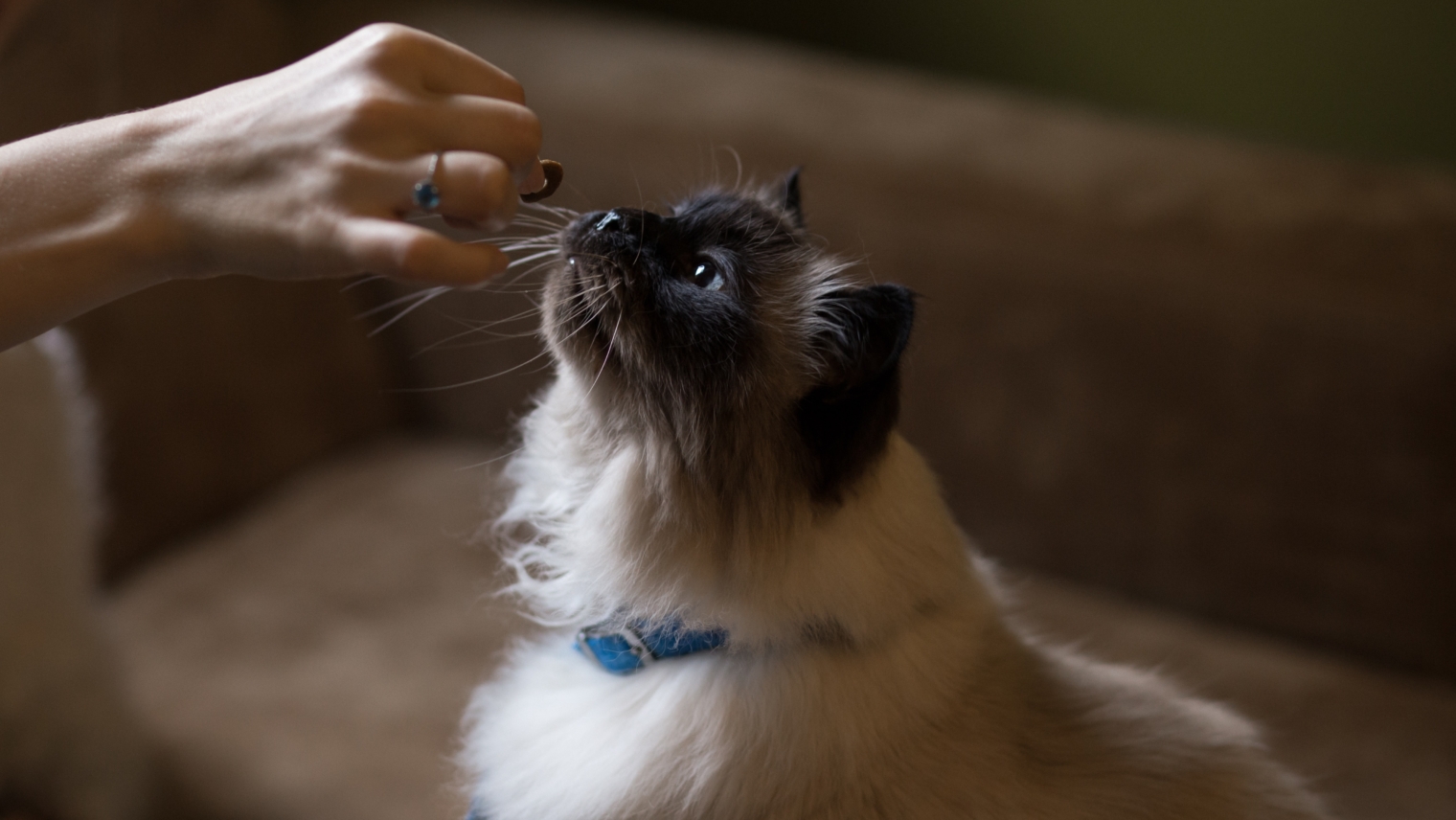
Needless to say, looking after babies is exhausting. Your cat is bound to be feeling tired after giving birth and nursing, and is going to need some extra nutrition- especially since she’s feeding her kittens.
While adult cat food is perfectly fine for a regular daily diet, it does not meet the new calorie intake that a postnatal cat needs. Introducing higher calorie foods into her diet may feel like you’re risking obesity, so the safest option is to switch back to kitten food a while, as it will give her the extra boost she needs.
You could even opt to give your cat a high quality kitten formula, as they too contain all the ideal nutrients.
Apart from that, keep your cat hydrated by making sure that she always has access to fresh water.
At the end of the day, everything you do to take care of your cat will benefit both her and her babies, as a healthy momma equals a healthy litter.
3. She’ll handle the kittens
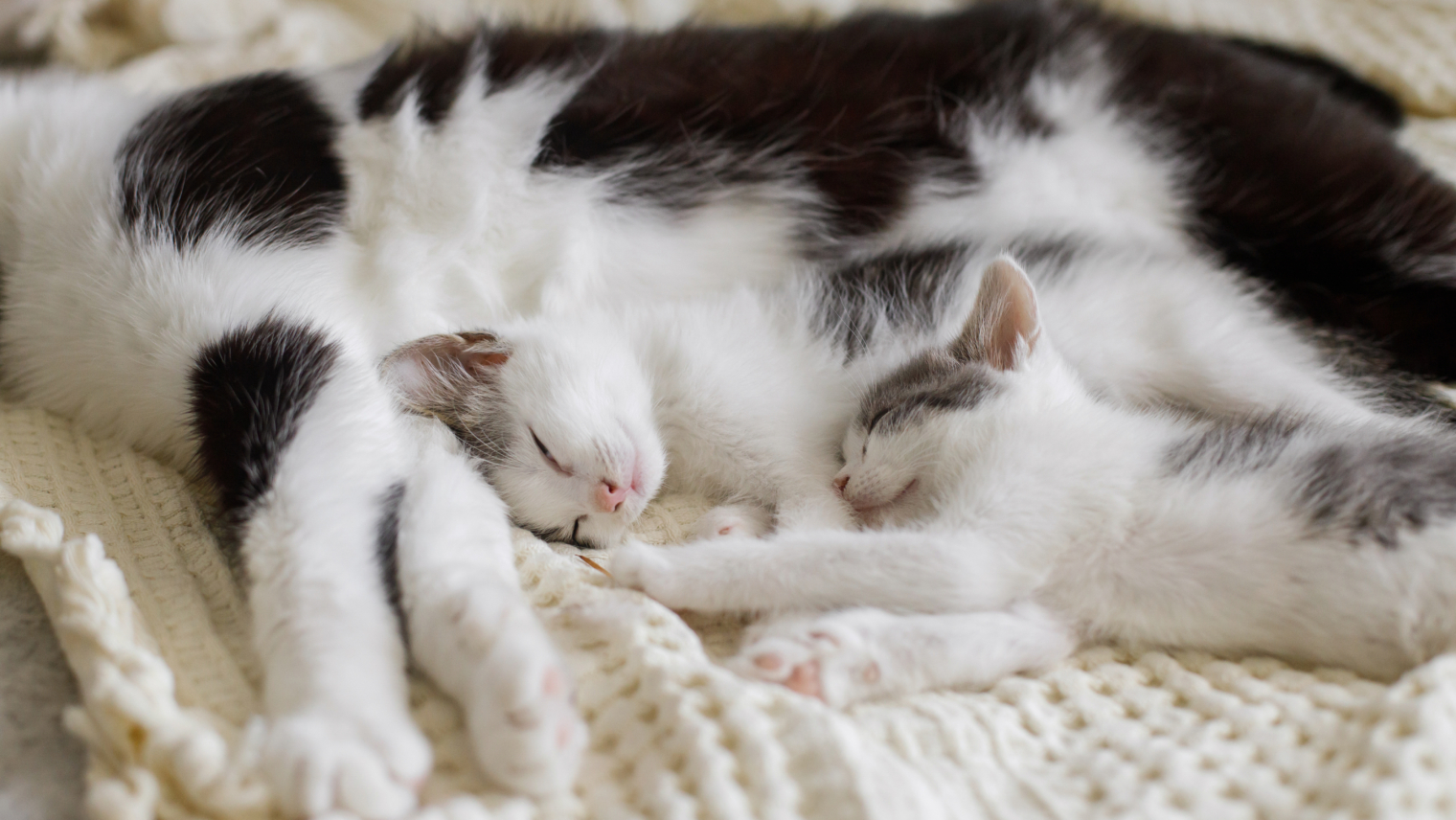
As we mentioned before, your cats maternal instincts will show her exactly what she needs to do to take care of her babies- taking most of the responsibility away from you for the first few weeks.
About 1-2 hours after she gives birth, she’ll begin nursing- however, if the kittens do not seem to be doing so, you can step in and guide them towards her teat. Soon, they’ll get the hang of it, and she’ll feed them every 1-2 hours.
The babies will excrete in their nest and your cat will most probably clean that up herself, but make a habit of changing out the cloth inside the box once soiled, as leaving it in there would not be sanitary.
Apart from that, try not to handle her kittens too much, as this could cause her to lose trust. As long as all of them are being fed and groomed, you have nothing to worry about, and can step aside.
As her babies get older, your cat will feel less protective and allow you to handle them more. She will also become reluctant to nurse, and give them more independence by allowing them to wean off her. This can take 8-10 weeks.
4. She might neglect them
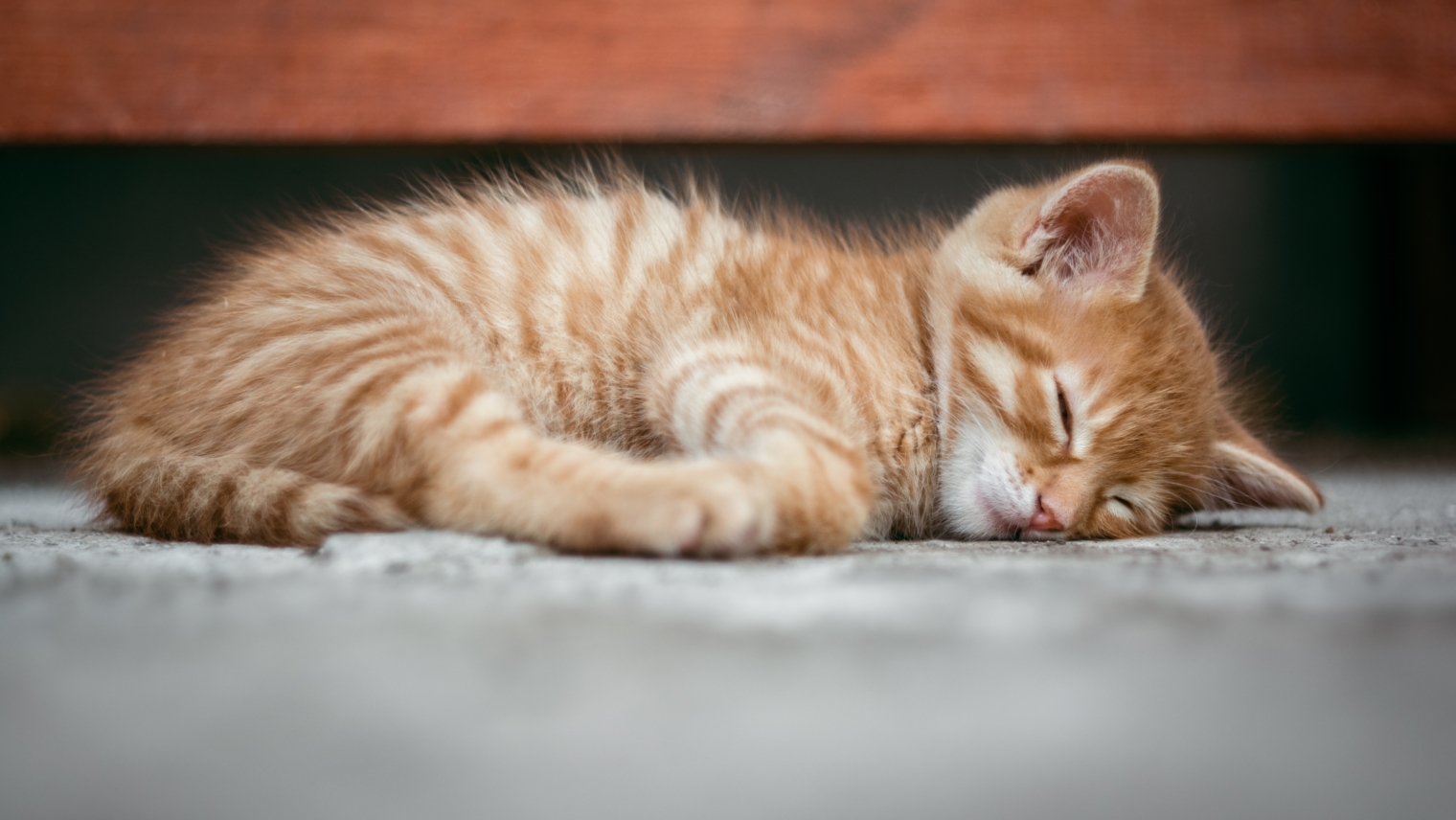
As with most of feline pregnancy, everything boils down to instinct- which, to them, is essentially the survival of the fittest.
If one kitten in the litter seems weak from the start or has a defect, your cat will not waste any time looking after it, and will reject it. In this case, you will most likely have to take over. Some cases may also lead to cannibalism, where your feline is inclined to consume the weakest one.
Signs of a rejected kitten include:
- Thinness due to not being fed
- Lack of grooming
- Mother does not respond to its cries
- Mother is reluctant to be with kittens
As aforementioned, kittens need lots of care from their mother- from feeding to regulating their body temperature, and those that do not get that attention often die of hypothermia exhaustion. However, with some advice from a specialist and some extra attentive care, survival is possible.
Sometimes what is natural is not ideal, but you must not punish your cat for it. Instead, be more caring towards her and encourage her to nurse her other kittens. If she abandons them all, then make sure she still gets the nutrition she needs till she stops lactating.
These signs of neglection are usually visible within the first few days after birth, so while you do keep a certain amount of distance from your cat and her nest, it is always important to make sure that each individual kitten is getting the care it needs.
5. She might have postpartum health issues
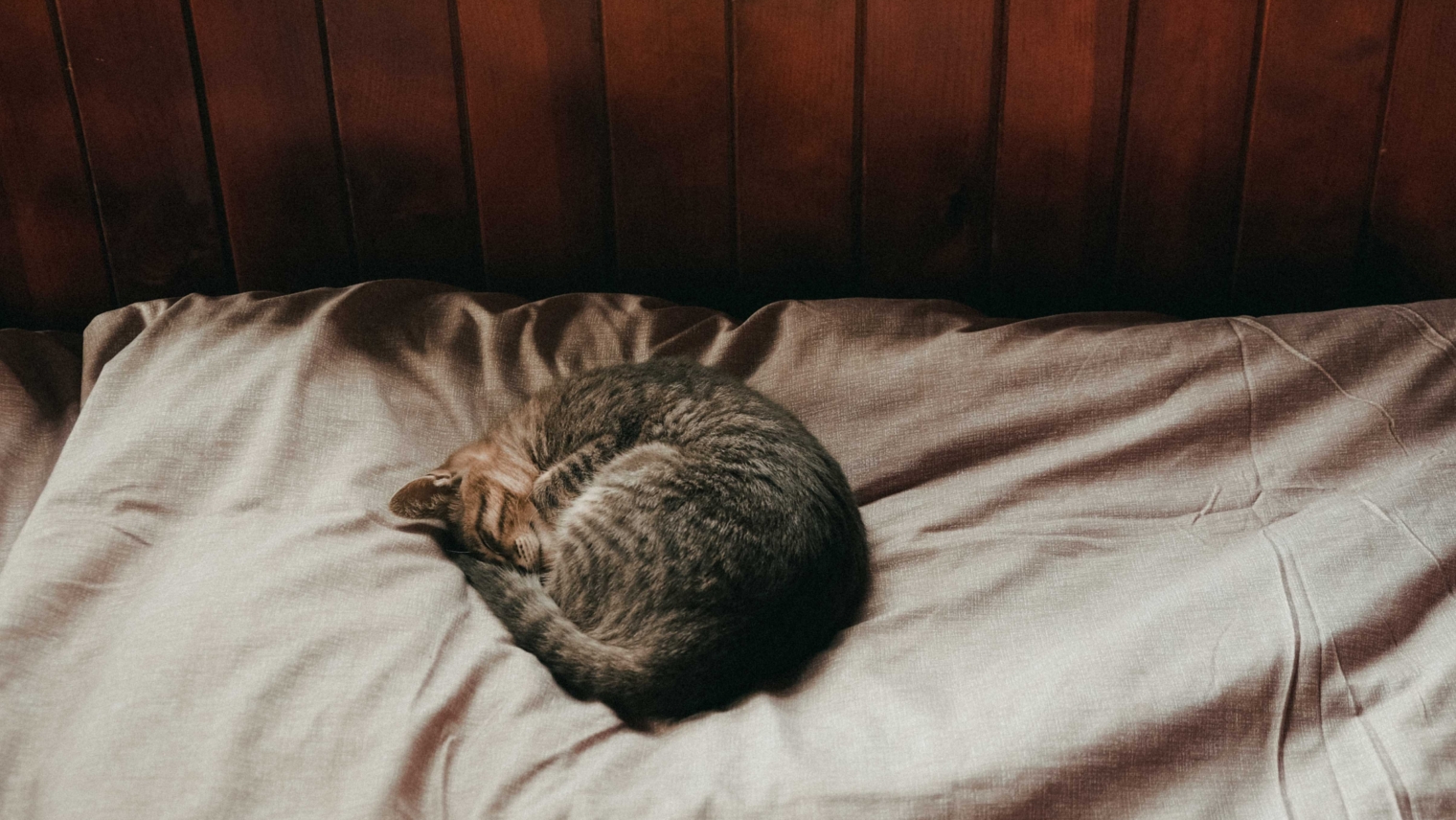
It is very important to keep an eye on your cat after she gives birth, as her body will be adjusting to change when it comes to her uterus, milk production and the new dose of hormones.
The symptoms of postpartum health issues will usually appear within the first few weeks after she gives birth, and if apparent, she should be taken to the vet for a check-up.
Here are some signs that your cat needs medical attention:
- Inflamed mammary glands and loss of milk production
- Swollen, warm and seemingly bruised teats
- Reluctancy to feed
- General weakness and lethargy
- Staggering and muscle tremors
- Excessive panting
- Restlessness
- Foul smelling vaginal discharge
- Fever
These symptoms could be signs of a bacterial infection or other various health complications to which postnatal felines are prone.
Apart from that, if you wish to sterilize your cat after she gives birth, it is best to do so after the kittens have weaned off- which, as aforementioned, could take 8-10 weeks. However, it is best to keep in mind that cats can go into heat again after about 4 weeks- so keep an eye on her till then.
Overall, being observant and tracking your cat’s behaviour could make all the difference in her postnatal experience.

